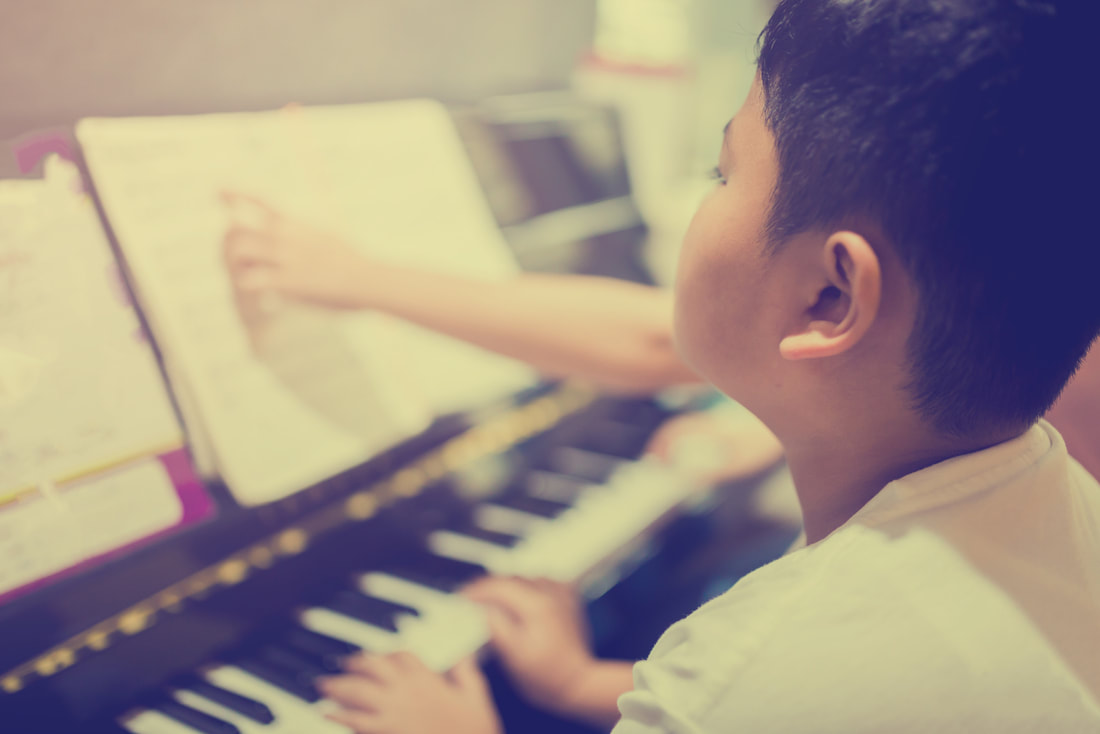|
For centuries the teaching of the piano has been in a state of evolution. Given that the COVID-19 Pandemic has changed the nature of education, this is an excellent reflective piece regarding student comfort, health, and technique at the piano.
1. Student Comfort Level Students need ample personal space, and their comfort level can be significantly affected if a teacher is not mindful of their proximity. Even beloved teachers are often close enough for the student to smell what they had for lunch; This can be distracting or uncomfortable during a lesson. Ample space will bring greater joy and comfort to students who are eager to learn. 2. Health and Wellness Close student-teacher proximity in piano lessons may result in a high transmission rate of contagious illnesses. For this reason, many piano teachers have strict cancellation policies that insist that students stay home if they are sick. Some piano teachers frequently get sick as students often directly cough and sneeze on the keys in their face or direction without remembering to cover their mouths. 3. Effective Teaching and Observation Skills Some teachers sit incredibly close to students throughout the lessons, often placing their students' hands on their own as they play to demonstrate a particular feeling or movement. The effectiveness of such a demonstration is up for debate. Some teachers guide students through visualization and imitation prompts without the use of physical touch. Styles and approaches vary by philosophies, regions, and how a teacher was trained in their own educational journey. From a pedagogical standpoint, a proximity that is too close would limit the visibility of a student's posture, full-body technique, and movement. Some great teachers often teach from various locations in a single lesson; This may be standing up, switching sides, and listening and watching from multiple distances. Advanced teachers can identify what is going on with their eyes closed and need not be in extremely close proximity to the student throughout the duration of the lesson. Best practice means that teachers have their own seats and only share a bench temporarily or if necessary. It is of utmost importance for students to have comfort and independence on sitting on their bench unless they are very young and require seating support and supervision. The priority must always be the comfort and safety of each and every student.
0 Comments
PIANO TEACHER PRINCETON, NJ: FINDING THE PERFECT INSTRUCTOR If you are looking for a piano teacher in Princeton, NJ, you are in the right place. Princeton is renowned for its rich academic heritage and vibrant arts community. Home to the prestigious Princeton University and Westminster Choir College, the town exudes a cultured atmosphere perfect for nurturing musical talent. 5 Tips for hiring a Piano Teacher in Princeton, NJ 1. When searching for a piano teacher in Princeton, prioritize instructors with strong academic backgrounds and connections to local cultural institutions. 2. It's a plus if they have connections to Westminster Choir College or Westminster Conservatory. 3. Look for teachers who emphasize a blend of classical training and contemporary techniques, ensuring a well-rounded musical education that aligns with Princeton's sophisticated environment. 4. Whether you're seeking classical piano lessons, private instruction, or specialized training from Princeton University piano teachers, finding the right instructor involves considering their academic credentials and community involvement. 5. An instructor's active participation in local cultural events and recitals can enrich their connection to the local music scene, providing students with a broader perspective and deeper musical engagement. 6. Sign up early! Many studios start filling up for fall sessions now, so securing your spot in advance is recommended. |
AuthorJodi Ann Russell, Ed.D., M.M., B.M., N.C.T.M. brings a warm emphasis on mindfulness, relaxation, creativity and technique in personalized piano lessons and master classes Archives
July 2024
Categories |



 RSS Feed
RSS Feed